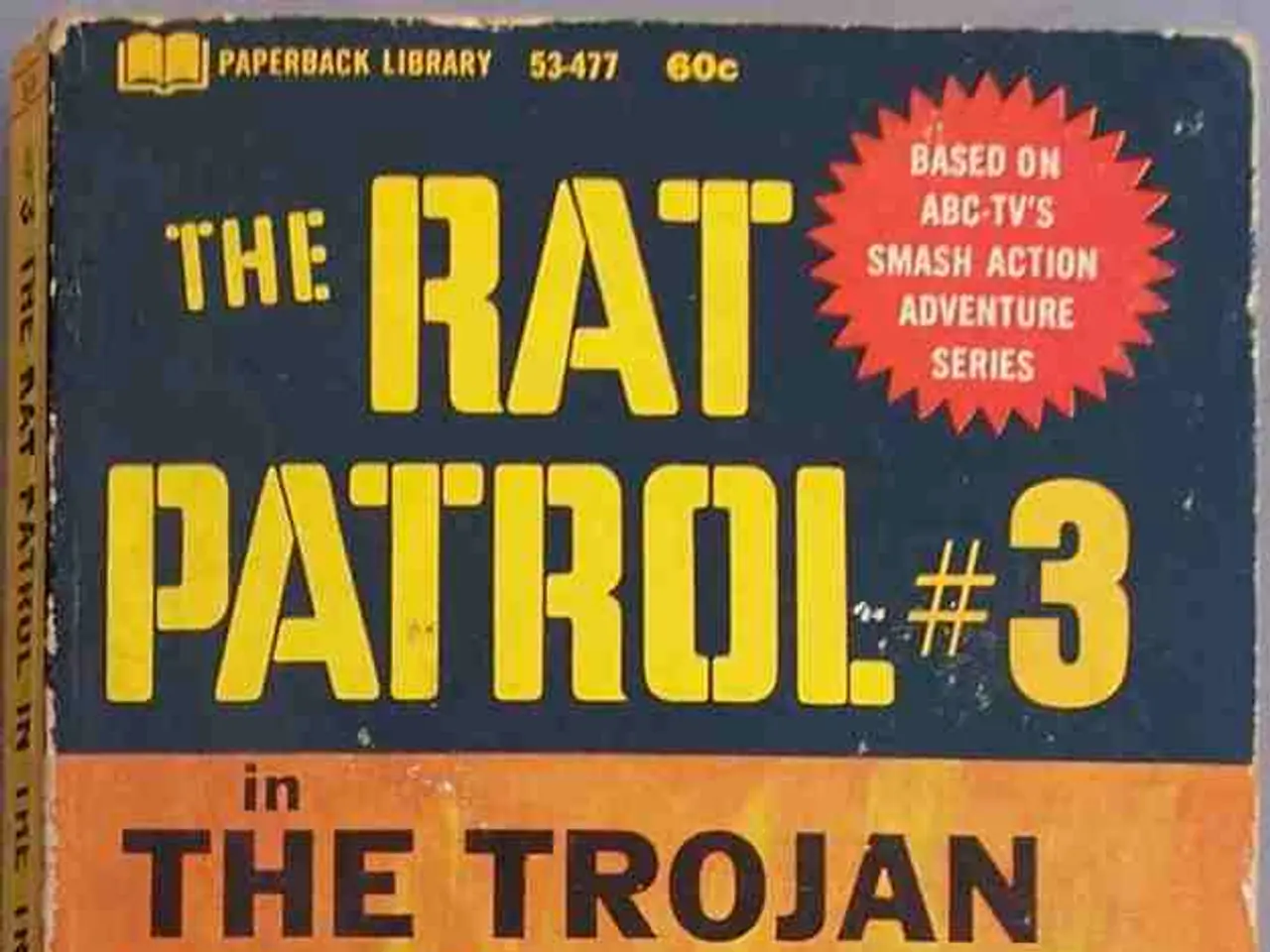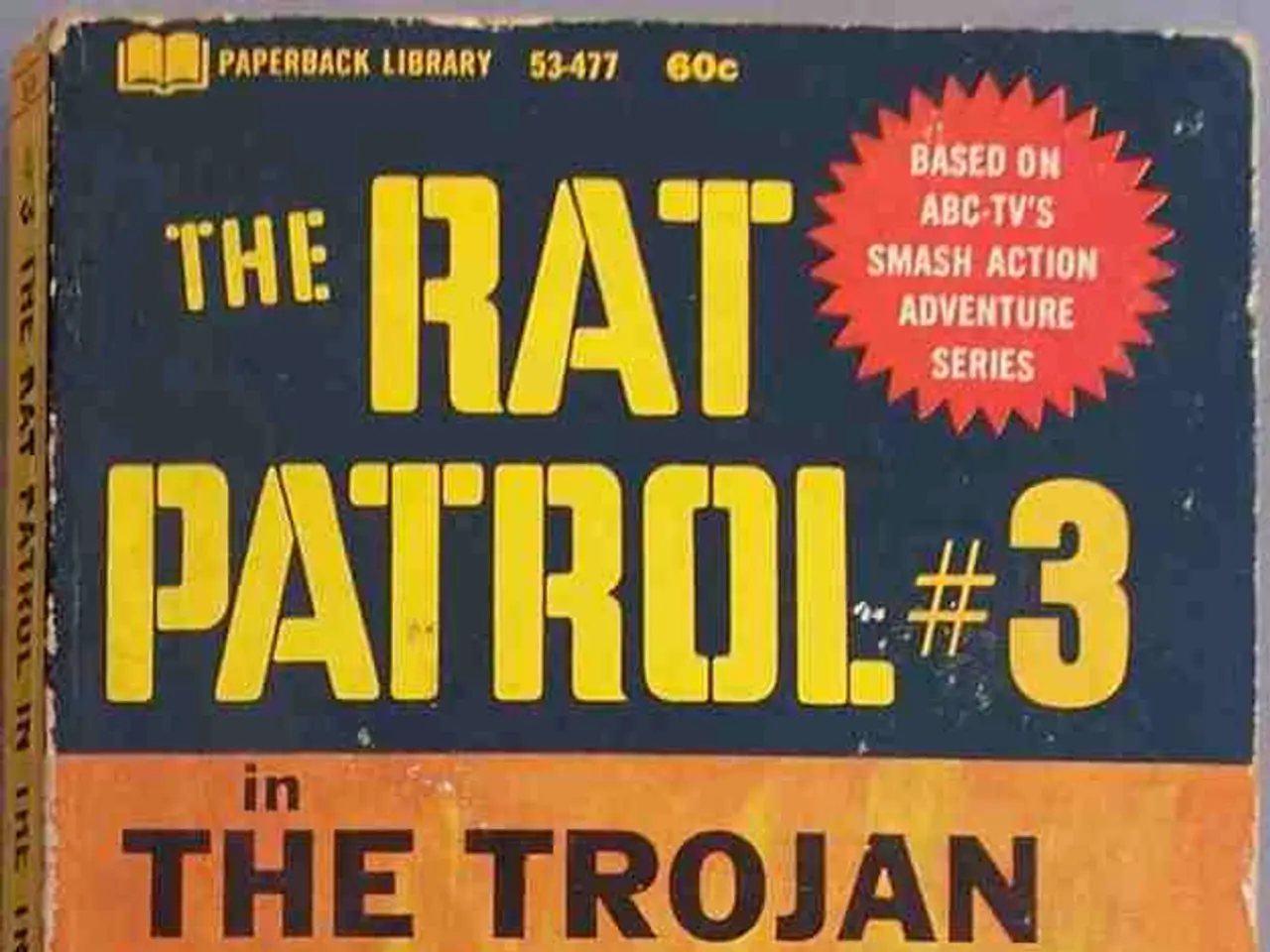India responds to Trump's additional 25% tariff decision with words like "unfair" and "unjustified."
The United States has increased tariffs on many Indian goods to 50%, effective from August 27, 2025. The move comes under US national security and unfair trade practices laws, primarily due to India's continued purchases of Russian oil amid the Russia-Ukraine conflict [1][3].
The Indian government has responded with concern and caution. In a measured response, the Ministry of External Affairs (MEA) has emphasized the potential for strengthening trade ties with more trusted partners and seeking avenues to mitigate the impact of these steep US tariffs affecting key sectors such as textiles, gems and jewelry, leather goods, chemicals, and auto components [1][5].
The US tariffs were issued under an Executive Order by President Trump, targeting Indian imports to pressure India to cease buying Russian oil. However, pharmaceutical and energy sectors were mostly exempted, sparing vital exports like generic drugs [1]. The Indian government is likely engaging in diplomatic discussions and evaluating steps to cushion affected exporters, given that 55% of India's US-bound exports face tariff exposure [1].
The MEA has found it unfortunate that the US chose to impose additional tariffs on India for actions that several other countries are also taking in their own national interest. The MEA also pointed out the irony of the nations criticizing India being themselves involved in trade with Russia [1].
Prior to this, the MEA had stated that India's imports are compelled by the global market situation and aimed at ensuring the energy security of its 1.4 billion people [2]. The MEA had also dismissed similar threats from Washington, calling them "unjustified and unreasonable" [2]. The MEA has reiterated its commitment to taking appropriate steps to "protect national interest" [2].
This development reflects a complex trade and geopolitical dispute, with India balancing trade interests and strategic ties with Russia and the US [1][3][5]. The US President, Donald Trump, signed an executive order imposing a 25% tariff on Indian goods, which has now been escalated to 50%. The new tariffs came into effect on August 1 [4].
The US administration also cited India's tariffs on American goods as another reason for the penalty, claiming they are "the highest in the world" [3]. The Indian government has strongly condemned the tariffs, calling them "unfair, unjustified, and unreasonable" [3].
In summary, the US has imposed 50% tariffs on Indian goods, primarily due to India's trade with Russia. India's response has been measured, emphasizing potential diversification of trade partnerships and diplomatic efforts rather than immediate retaliation. Critical sectors like pharmaceuticals and energy are exempted, but many export sectors suffer due to the tariffs. The Indian government is monitoring the situation and may seek negotiations or adjustments through trade diplomacy to manage the economic impact.
- The escalating war-and-conflicts between nations, such as the Russia-Ukraine conflict, are influencing politics and general news, as seen in the recent US tariffs on Indian goods due to India's continued purchases of Russian oil.
- In the face of increased tariffs on key sectors like textiles, gems and jewelry, leather goods, chemicals, and auto components, the Indian government is focusing on politics and diplomacy, seeking to strengthen trade ties with more trusted partners and mitigate the impact of the steep US tariffs.








